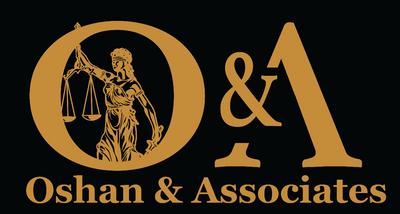Personal Injury Law Firm in Seattle Washington. Free case evaluation 206-335-3880
- ABOUT US
- AREAS OF LAW
- RESOURCES
- LOCATIONS
- REVIEWS
- IN THE PRESS
- CONTACT
- Sign in
- ABOUT US
-
AREAS OF LAW
-
RESOURCES
-
LOCATIONS
- REVIEWS
- IN THE PRESS
- CONTACT




